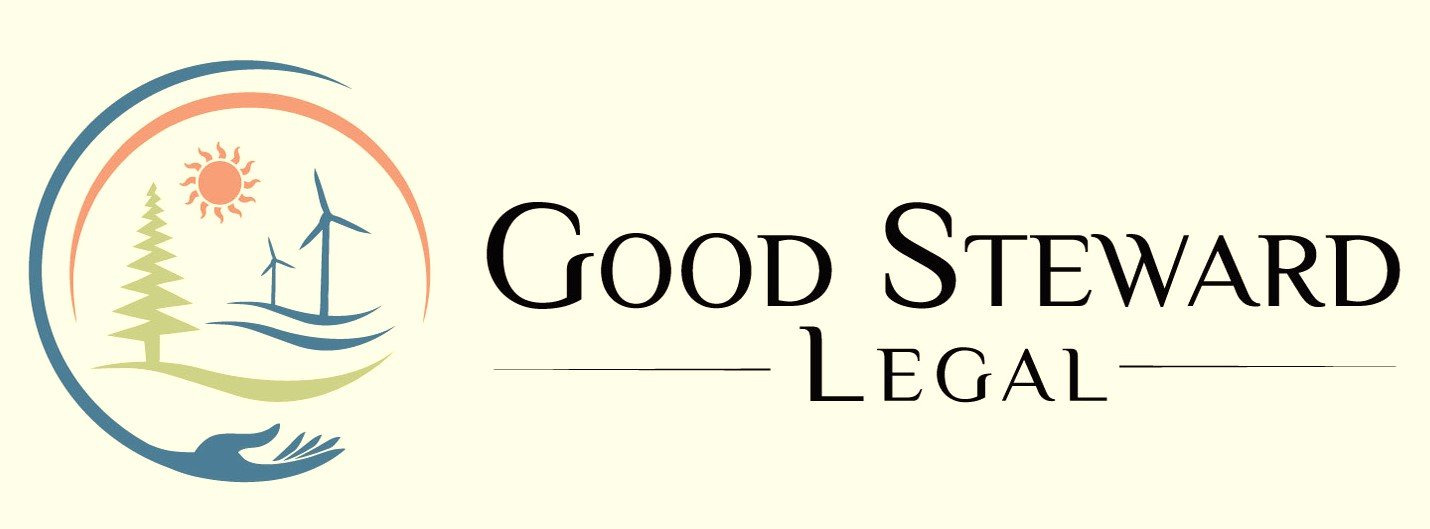EPA to Revise SDWA Regulations for Lead and Copper
On December 17, 2021, the Environmental Protection Agency (“EPA”) issued a notice that it has concluded its review of the January 2021 National Primary Drinking Water Regulations: Lead and Copper Rule Revisions (“LCRR”). Moving forward, the Agency intends to revise the LCRR and take non-regulatory actions to protect the public health from lead.
The Safe Drinking Water Act and the LCRR
Under the Safe Drinking Water Act (“SDWA”), EPA sets national health-based standards for drinking water to protect against naturally occurring and manmade contaminants. In setting these standards for public water systems, EPA considers available technology and performs a detailed risk and cost assessment.
On January 15, 2021, EPA issued the LCRR. Based on President Biden’s Executive Order 13990, EPA delayed the effective and compliance dates of the LCRR to ensure that the rule would be consistent with science, improve public health, protect the environment, ensure access to clean air and water, and prioritize environmental justice.
EPA Plans to Propose the New “Lead and Copper Rule Improvements”
In its Notice, EPA identifies policy objectives for protecting the public from lead in drinking water, including replacing all lead service lines (“LSLs”), equitably improving public health protection for those who cannot afford to replace customer-owned portions of their LSLs, improving the methods to identify and trigger action in communities that are most at risk of elevated drinking water lead levels, and exploring ways to simplify the regulations. To advance these policy objectives and based on its review of the LCRR, EPA plans to propose a new rule revising the LCRR that balances stakeholder interests and incorporates required economic, environmental justice, and other analyses. According to EPA, in preparing its Lead and Copper Rule Improvements (“LCRI”) rulemaking, the Agency is considering:
Requirements that would result in the replacement of all LSLs as quickly as is feasible;
Efforts to ensure that public health is protected equitably, including by exploring how to replace LSLs in a manner that prioritizes historically disadvantaged communities;
Options for utilities to address lead contamination at lower levels and improve sampling methods to provide better health protection; and
Consolidating and lowering the LCRR’s action and trigger levels.
Water Systems, States, and Tribes Still Must Comply with LCRR Deadlines
EPA plans to retain the effective date of the LCRR as December 16, 2021, with the compliance date of October 16, 2024. Compliance requires water systems to complete their (1) LSL replacement plans describing the procedure for systems to conduct LSL replacements in accordance with the LCRR; and (2) tap sampling plans identifying the locations and procedures for systems to conduct tap sampling in accordance with the LCRR. Notably, EPA intends to extend its compliance deadline to allow water systems to incorporate any potential revisions to their plans required by the LCRI rulemaking.
For States and Tribes, EPA plans to maintain the deadline of December 18, 2023 for primacy-revision applications. The Notice provides that EPA is not withdrawing the LCRR or further delaying its effective dates because “it is critical for states and tribes to begin working with water systems to implement the initial LSL inventory provisions” and certain LCRR lead-related provisions may not be revised by the LCRI rulemaking.
EPA Will Seek to Accomplish Its Policy Objectives Through Non-Regulatory Actions
To achieve its policy objectives, EPA also intends to take actions outside of the SDWA regulatory framework. According to the Notice, these actions may include:
Developing and partnering on plans to ensure the equitable distribution of funds for reducing lead in drinking water;
Encouraging cabinet level commitments for federal collaboration to address school and child-care lead in drinking water;
Committing to target oversight and technical assistance for communities impacted by high lead levels;
Improving risk communication through additional EPA guidance and tool development;
Supporting water systems in meeting LSL Inventory requirements through the issuance of guidance; and
Encouraging full LSL replacement and strongly discouraging partial LSL replacement.
A copy of the Notice is available here.
If you have any questions about the Notice or issues related to the SDWA, please contact Jared Wigginton at jared@goodstewardlegal.com.
Good Steward Legal is a principles-driven business law office dedicated to protecting and advancing its clients’ interests by providing them with cost-effective, high-quality legal service.
